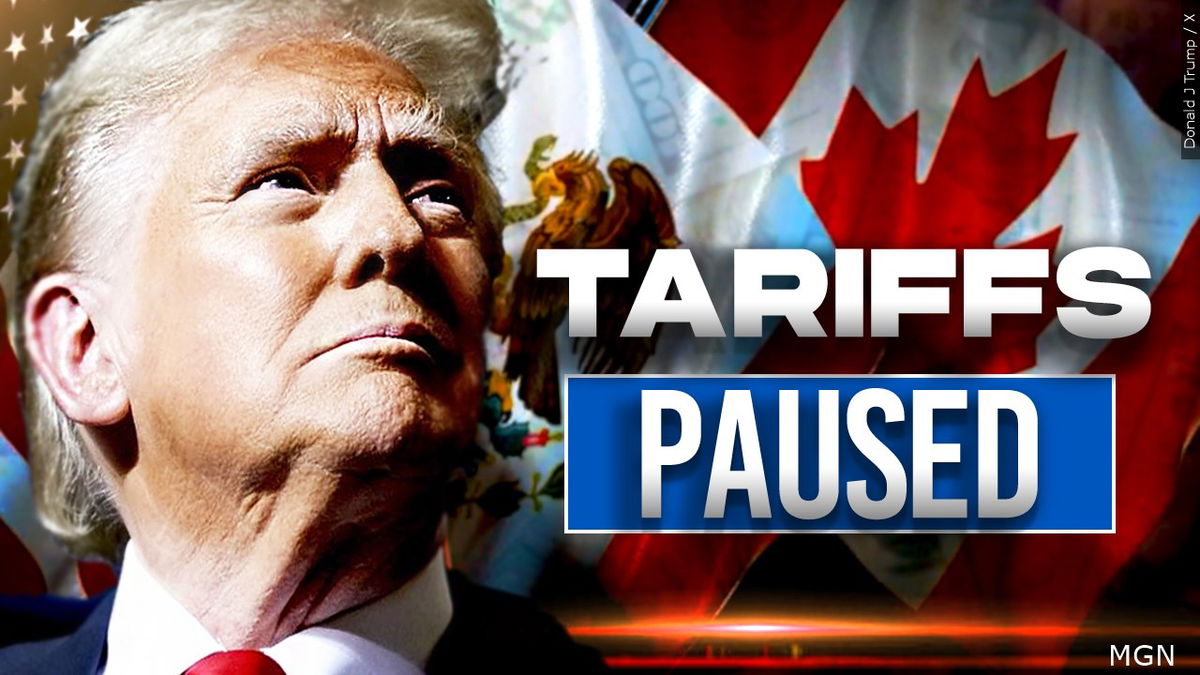Markets Force Trump to Pause Tariffs Amid Financial Turmoil
For more than a week, President Donald Trump projected calm as financial markets reeled from the impact of his aggressive trade policies. He deflected growing criticism, reassured his base, and doubled down on his approach—even as economists, business leaders, and some Republican lawmakers pleaded with him to reconsider. But by Wednesday afternoon, amid surging government bond yields and plummeting investor confidence, Trump was forced to blink.
The president’s decision to pause his “reciprocal” tariffs for most countries for the next 90 days marks a dramatic turn in a saga that began with an abrupt announcement of sweeping new tariffs designed to punish what Trump has repeatedly called “unfair trade practices” by foreign nations.
“We’ve been getting ripped off by everyone for decades,” Trump told reporters last week. “It’s about time someone stood up for America.”
The tariffs, which targeted steel, aluminum, and a wide range of imported goods, were intended to level the playing field for American manufacturers. But the global response was swift and unforgiving. Foreign governments retaliated with their own tariffs, multinational companies warned of supply chain disruptions, and investors began pulling out of riskier assets.
By Monday, the markets had already shown signs of distress. The Dow Jones Industrial Average plunged more than 700 points, while the S&P 500 and Nasdaq followed suit. The bond market, often seen as a more sober indicator of economic sentiment, began flashing warning signs. Yields on 10-year Treasury notes spiked—an indication that investors were losing faith in the government’s ability to manage its growing debt in a turbulent trade environment.
Still, Trump remained defiant.
“I know what the hell I’m doing,” he reportedly told Republican lawmakers during a closed-door meeting on Tuesday. “They’ll come around. Just wait.”
On social media, Trump’s tone was similarly upbeat, even as markets continued their downward spiral. “BE COOL!” he wrote in all caps on Truth Social Wednesday morning. “Everything is going to work out well.” At 9:37 a.m., he followed up with an even more optimistic message: “THIS IS A GREAT TIME TO BUY!!!”
Behind the scenes, however, alarm bells were ringing.
White House advisers, including Treasury Secretary Steven Mnuchin and Chief of Staff Mark Meadows, reportedly urged Trump to reconsider the scope and timing of the tariffs. According to four people with direct knowledge of the discussions, the tipping point came around noon on Wednesday, when internal market briefings showed that the bond market volatility was beginning to trigger liquidity concerns in key financial institutions.
“There was a real fear that if yields kept climbing, we could see a cascade effect,” said one official familiar with the internal deliberations. “It wasn’t just about stocks anymore. It was about the fundamentals of the financial system.”
By mid-afternoon, Trump had made his decision. In a private phone call with trade representatives and foreign diplomats, he agreed to pause the tariffs for most countries—excluding China and a few others seen as particularly aggressive in their trade policies—for a 90-day “cooling off” period.
The move was not immediately announced to the public, but news quickly leaked, prompting a late-day rally on Wall Street. The Dow clawed back nearly half of its weekly losses by market close, and bond yields began to stabilize.
For Trump, who built much of his political persona on being a tough negotiator and economic nationalist, the reversal represents a rare concession to market forces. But it may also be a calculated one.
“He’s always watching the markets,” said one former senior aide. “He knows that his political strength is tied to economic performance. If the markets tank, the narrative of a strong economy goes with it.”
Indeed, polls in recent months have shown that while Trump maintains strong support among his core base, broader voter confidence in his economic leadership has wavered amid fears of inflation, trade wars, and interest rate hikes. The tariff reversal may buy him time, but it also raises questions about the long-term strategy behind his trade policy.
In a brief statement Wednesday evening, the White House framed the move not as a retreat, but as a “temporary pause to allow for meaningful negotiations with our trade partners.” Trump, meanwhile, remained characteristically upbeat, telling reporters, “We’re going to win this. We’re just giving them a chance to do the right thing.”
Whether that optimism will hold if the markets continue to wobble remains to be seen. But for now, the president has taken a step back—however reluctantly—from the brink.




